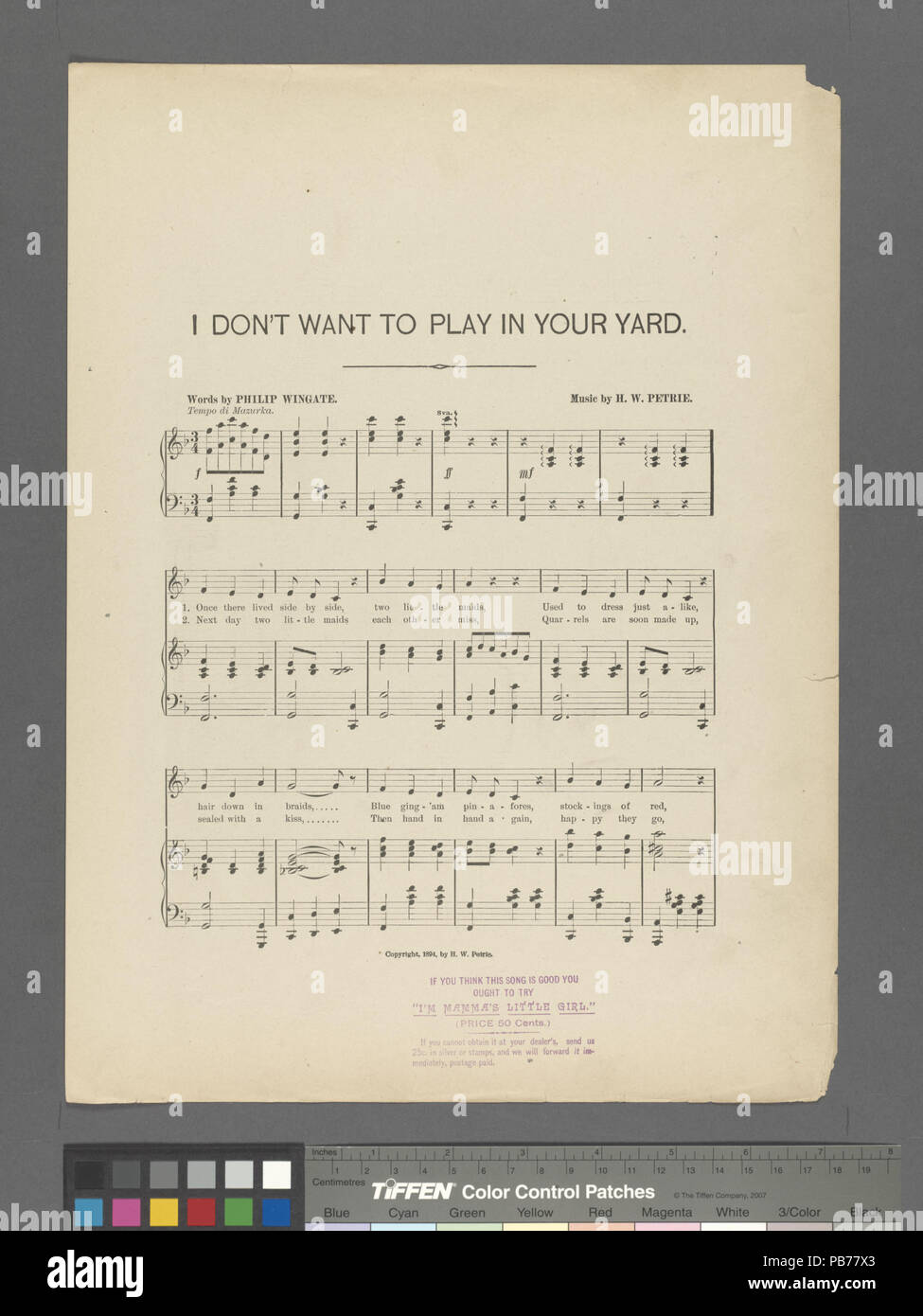
/cdn.vox-cdn.com/uploads/chorus_image/image/70148142/1235695671.0.jpg)
All these influences, I found myself actually pronouncing these words. If you’re fromĪ native tongue, some people muddle their words it comes from a lot of soul sometimes, and it comes from a way of growing up. You have to understand when you listen to records, not everybody will understand if you really have to bend your ear. That influenced my style, my diction and how I So, as you can see, my first influences were with white singers. And that was the extent of my upbringing with music. What played was Patti Page, Frank Sinatra, Tony Bennett, The Four Lads and once in a while we’d get Nat King Cole or Pérez Prado. We grew up every morning listening to the hit parade. After being released, I went to the neighborhood, and you have to realize back then our form of entertainment was radio. Nevertheless, I was very fortunate in being able to accomplish the things I did in such a short time. I don’t know how I would’ve developed my style if I’d been a student and had those opportunities and the absence of the emotional feel. I could do harmony before I could even read – that ear training I was always an advocate of singing in the streets and hallways, having a hand cupped over my ear to get an echo in the subway stations so you could do harmony by ear. So, growing up in East Harlem it was a constant struggle to find whatĮxactly you do. People creating the music, the same doors you went in before are not open anymore. The music business was changing, I had seen it change maybe four or five times, but I didn’t know anybody, my contacts were all gone. I had had all this success with different forms of music, and here I was, I was idle. You know how you lose your confidence if you don’t do something continuously? And I was no different, it happened to me. I hadn’t done anything for maybe the last 10-15 years, I was The first thing that Jeff said, growing up in East Harlem, there seemed to be a mystique. Then music came along and saved my life… the universal language, God blessed me and I’m happy that I’m here today to speak to you about it. I couldn’t be a basketball player, I couldn’t reach the rim. I struck out as anĪthlete, I was too short. Being a minority at that time, you had only two ways you could make it in life, either as an entertainer or an athlete.

I was the neighborhood tough kid with aspirations for doing something and, of course, being from New York, you always try to find No, I couldn’t afford to go to school, I did a stint in the reformatory, I did five years for being a bad boy. I want to share that with you so you know my story wasn’t a fly-by-night thing, that I wanted to do this and I went to school.
#DONT WANNA BE A PLAYER NO MORE JOE FULL#
I went full circle like Morris Levy, the same thing Frankie Lymon I went through the whole payola bit and the gangsters who said they wouldn’t play my records. I learnt about the business of sales, and getting your records played on the They talk about selling records out of the trunk of your car, rap artists do that, I was doing that in the ’60s.

Like anything else, you must know your history, what was That can help you only if you’re interested in a career in music and in knowing the pain and the struggle involved in the past. I’m a self-taught musician, but gee, I do have 40 years in theīusiness and all I can show you is my world experiences and how I was involved in music and the roads it took me down. Think we can make the trip?” It was very difficult, and yet when I decided to come here I asked, what do I have to offer? I always ask myself that question. When I thought about coming to Australia, I was talking to my wife, who’s with me, saying, “Wow, we’re going all the way to Australia, another continent. You might be a fan of my music and not know anything about me. I’ve learned to share with my audience, my life, what I do, and how it affects my music. Tell us about the musicalĪnd street vibes about growing up in that area.īefore I do that, let me explain to everyone here, because a lot of times you come and meet an artist and you don’t know anything about them. Tell us something about Spanish Harlem some of us have been to it, a lot of us have not. Before “Rapper’s Delight” he made a record called “Rap-O Clap-O.” So please join me in welcoming the legendary Mr. And then he made one of the first rap records. He began with the doo-wop soul sound, moved into boogaloo, was a pioneer of salsa and one of the first artists signed to Fania Records, moved on and pioneered the Salsoul Records label, which many of us know, and have their records in our crates to this day. Joe Bataan has been making pioneering sounds since 1966. In fact, this is your 40th anniversary this year of making music, isn’t it?

We have with us today one of the giants of Latin music and music from New York City over the last four decades.


 0 kommentar(er)
0 kommentar(er)
